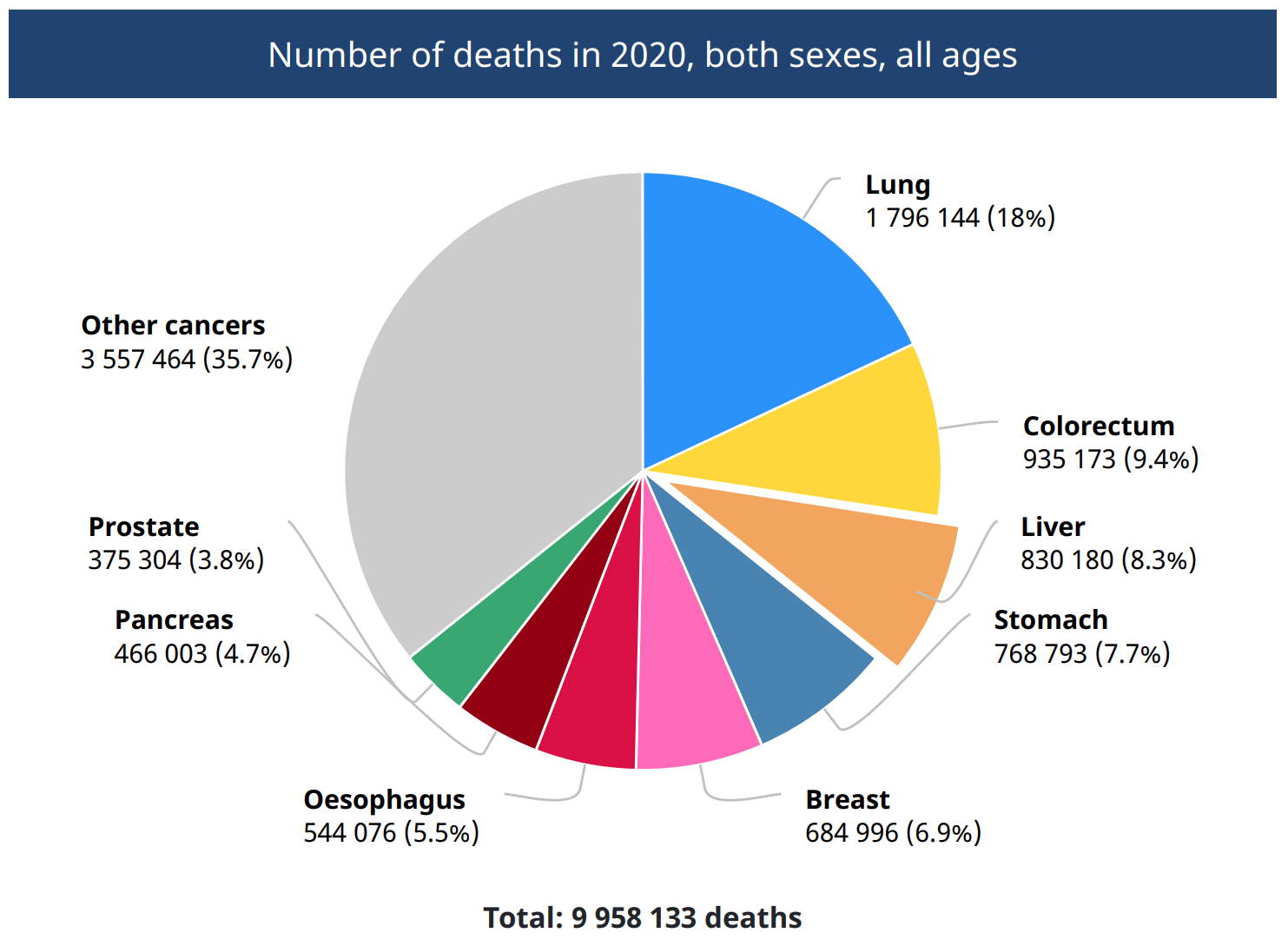Global Liver Institute
Global Call to Action for Liver Cancers
GLOBAL LIVER INSTITUTE
Global Call to Action for Liver Cancers

2022 Global Liver Institute Liver Cancer Pledge:
I pledge to join efforts to double the five-year survival rate by 2030 and create a path to equity in liver cancers around the world.
Actions To Take To Support The Pledge:
1Raise awareness and prevention standards by acknowledging that October is Liver Cancer Awareness Month.
2Join the global powerhouse of supporters for reducing liver cancer by opting into being listed on our map, where patients and survivors can find how to reach your organization for more liver cancer information in their country.
3Sign up for GLI’s Liver Action Network to get notified about policy initiatives and opportunities to advocate.
4Advocate for adequate awareness, prevention, and management standards for liver cancer across your country, targeting healthcare professionals, patients and families, risk groups, policy-makers and the general public.
5Advocate for adequate awareness, prevention, and management standards for liver cancer across your country, targeting healthcare professionals, patients and families, risk groups, policy-makers and the general public.
6Encourage the adoption of liver cancer screening for patients with underlying risk factors.
7Ensure improved access to better disease management for all patients with liver cancer.
8Reduce existing inequities for patients with liver cancer by targeting under-served communities (e.g., organize culturally appropriate information sessions and increase access to approved treatment).
How to Sign the Pledge:
Sign our 2022 Global Liver Institute Liver Cancer Pledge to help accomplish this survival rate goal and choose to be listed on our world map as a resource in your country.
Throughout the decades liver cancer has continued to rise and become one of the leading causes of death and illness across the world.
In 2020 alone, there were approximately 900,000 new cases and more than 830,000 deaths from liver cancer globally.4 Many of these cases could have been prevented with early detection, hepatitis B virus vaccination, hepatitis C virus treatment and vaccination, and a variety of other preventive methods. Despite the development of vaccines and antiviral agents against cancers, the global burden of liver cancer will continue to grow due to a multitude of health-modulating factors such as increasingly sedentary lifestyles and improper nutrition. Yet, liver cancers disproportionately impact certain populations around the world on account of disparities such as lack of access to quality care, lack of access to health insurance, the unconscious/conscious bias of providers, and various other socioeconomic factors.
Inequities
These inequities are being reflected in liver cancer death rates differentiating by sex, race/ethnicity and location, and through differences in prevalence of major risk factors. Since 1980 the incidence of liver cancer in the United States has nearly tripled, while death rates have more than doubled.5
In the United States recent statistics indicate that Hispanics have an incidence rate almost two times higher than non-Hispanic whites, while American Indian/Alaskan Natives have a mortality rate almost two times higher than non-Hispanic whites.6 The present disparities and rising risk factors have propelled liver cancer incidence rates to increase rapidly, growing 2% to 3% annually, in comparison to kidney, pancreas, and oral cavity and pharynx cancers.7
In the United States, liver cancer has one of the lowest 5-year survival rates at 20% whereas breast, thyroid, and prostate cancers are at or greater than 90%.4
Health equity is achieved when every individual has the opportunity to attain their full health potential, and no one is disadvantaged due to socially determined circumstances.8
It is crucial to review liver interventions currently deployed, and ensure they are effectively fighting against the rise of liver cancer and cancer disparities. Doing so will leverage the pillars of fairness and equality of opportunity amongst our society.
During Liver Cancer Awareness Month, GLI recognizes the inequities that are causing devastating impacts amongst women and men from minority groups who are fighting to survive this disease; furthermore, those dedicated to diagnosing, treating, supporting, and addressing the barriers preventing liver cancer patients and survivors from accessing essential care. Therefore, during the 2023 Liver Cancer Awareness Month, not only will we continue with our goal of doubling every country’s five-year survival rate by 2030, but we will also continue to expand upon and push the field toward creating a path to equity in liver cancers around the world.
GLI asks public health organizations, scientific societies, and individuals to show support by signing our Call to Action to doubling liver cancer’s five-year survival rate and creating its path to equity. We know that doubling the five-year survival rate by 2030 will be no easy feat, but it can be done as a collective effort. Together with all signatories, GLI pledges to increase early detection and screening for this disease, while creating awareness and diminishing barriers currently present amongst the Asian American and Pacific Islanders (AAPI), Latinx, and Black, Indigenous, People of Color (BIPOC) communities in the hopes of better prognosis and increased survival for all patients around the globe.
For more information please contact the GLI liver cancers team at cancer@globalliver.org

